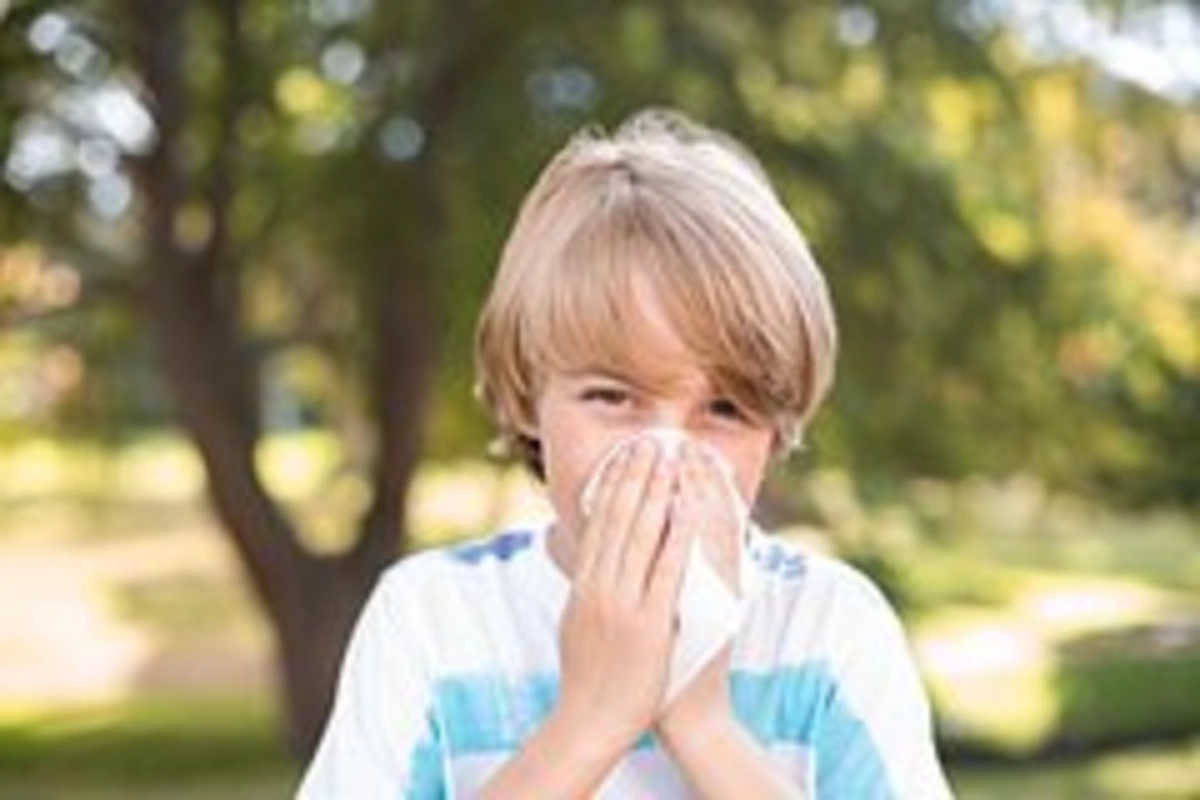Hidden causes of allergies in urban children revealed

Researchers from the University of Rochester Medical Center have identified a new subgroup of T-cells that may play a key role in the development of allergies in children. The research results are published in the journal Allergy.
As scientists have found, infants growing up in urban environments have an excess of aggressive Th2 cells in their blood - immune cells with a pronounced pro-inflammatory profile. According to specialists, these cells mistakenly attack harmless substances, such as food products, triggering allergic reactions.
For comparison, children from rural areas, particularly from the Old Believer farming community in New York state, where allergy levels are noticeably lower, have a predominance of regulatory T-cells. These cells, on the contrary, suppress excessive activity of the immune system.
The authors of the study believe that the composition of the gut microbiota may play a key role in these differences. The farm environment, saturated with microbes, contributes to the formation of a more resilient immunity.
Similar News
Heart disease's underestimated risk factor identified
Sleep disorders may be a far more dangerous risk factor for the heart than previously believed and require the same level of attention as blood pressure or chol...



 Azərbaycanca
Azərbaycanca  По-русски
По-русски  English
English 





